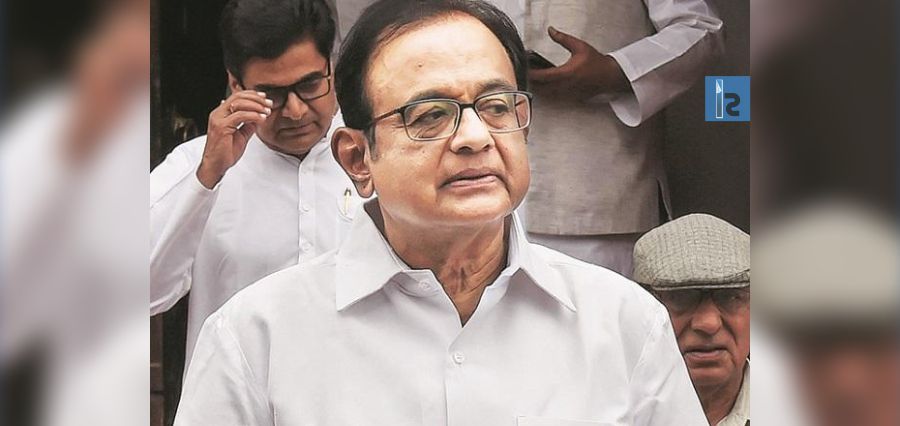2 June (ANI): New Delhi [India]: Former Union Minister and Congress leader P Chidambaram remarked on Tuesday that the government should print money if necessary to fund its spending.
During a press conference, the Congress leader stated, “The government may be forced to print money if necessary. We have the room and sovereign right to print money, and the government may always stop creating it if it deems it is being printed too much.”
“, he explained “Printing money is definitely advised at the moment, in my opinion. I am overjoyed that someone of Dr. Abhijit Banerjee’s stature has endorsed the concept. Many other economists have advocated for the government to print money in order to fund its spending.”
“This is not the moment to be concerned about the fiscal deficit,” the former Union Minister remarked when questioned about the impact of the fiscal deficit on budget announcements on the healthcare sector, such as immunisation and other programmes. They forecast a budgetary deficit of roughly 5.5 percent in 2021-2022.
“What we need is to not lose another year like we did last year, and I am worried that, given the way this administration is reacting, we will lose another year.” Fortunately, we are only halfway through June, so we still have ten months to go. This is the time to act, to act decisively and boldly—to borrow and spend.
According to a senior Congressman, “No one can predict when things will improve since we don’t know whether a third or fourth wave would occur. All we can say is that if you do not take the steps we recommend, things will not improve. Would you want to sit quietly and do nothing? This will undoubtedly end in disaster.”
He went on to say that this is why so many people are advising people to “take strong, decisive action now” to see if they can avoid a worse calamity.
“How will you prevent the consequences of a third or fourth wave unless you take steps now?” he added. “This is the mistake they made last year; they did not take the steps that we advocated, and when the second wave arrived, they were unprepared both on the health infrastructure side and on the economic management side.”


